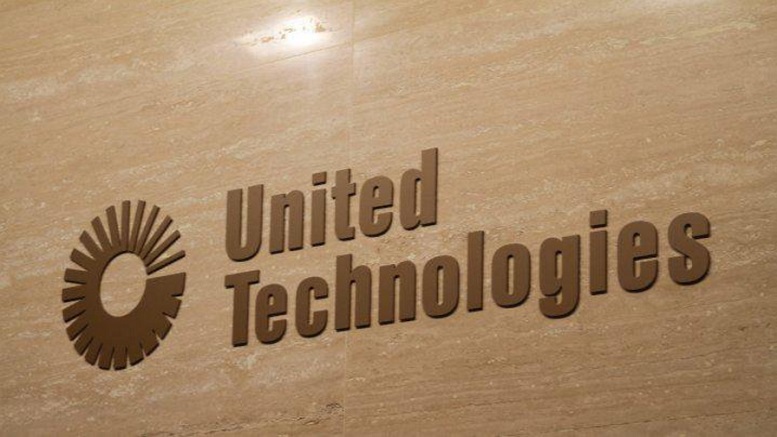
For those interested in aerospace & defense investing, pay close attention to the following. On Tuesday, September 5, United Technologies (NYSE:$UTX) CEO Greg Hayes disclosed that the deal to acquire Rockwell Collins (NYSE:$COL) “is not a job cuts story.” Elaborating further, Hayes said “this is not about closing a lot of factories.”
Interestingly, the jet engine maker’s stock was down 3.5% on Tuesday. This is significant, as it is just one day after United Technologies agreed to purchase Rockwell Collins, an aircraft parts manufacturer, for $23 billion, thus making it the biggest aerospace deal in history. It’s worth mentioning that Rockwell share prices, which ended the day at $130.61 on Friday, were getting a small push on Tuesday.
Additionally, United Technologies will undertake $7 billion in Rockwell debt.
According to Hayes — who will stay on as CEO of the integrated company — Rockwell Collins has been one of United Technologies primary targets for a couple of years, and he called it “the right deal.” Further, Hayes told CNBC that the overall aerospace business is continuing to grow and with that growth comes a tremendous amount of pressure from customers to cut costs and to innovate.
“And having scale in the aerospace business is absolutely essential to bring value to the customers that they expect,” Hayes said. “We’ll have the abilities to do things that others can’t.”
If all goes as planned, the United Technologies CEO and Chairman forecasts that 30,000 new aircrafts will be delivered in 15 years.
The Deal
Under the terms of the deal, shareholders of Rockwell Collins will receive $140 per share in UTX stock and cash, which will be split between $93.33 in cash and $46.67 in stock.
In addition, the price tag represents a 17.6% premium to Rockwell’s $119 per share before news of the talks surfaced on August 4. Again, if all goes as planned, Hayes suspects the deal will close within 12 months, as he believes the antitrust risk is low.
Last but not least, Hayes also mentioned the possibility of splitting up the new company in the future.
“Once we get done with this deal and get the integration complete and pay down some debts, we’ll be able to take a look at a full range of portfolio options,” Hayes said. “If we continue to see a big disconnect between what we think is [the] intrinsic value of UTC and the actual stock price, we’ll look to do something different.”
Hayes added, “That’s what I’ve committed to our board and shareholders. If it doesn’t work together, we’ll take a look at splitting it up.”
Featured Image: twitter







